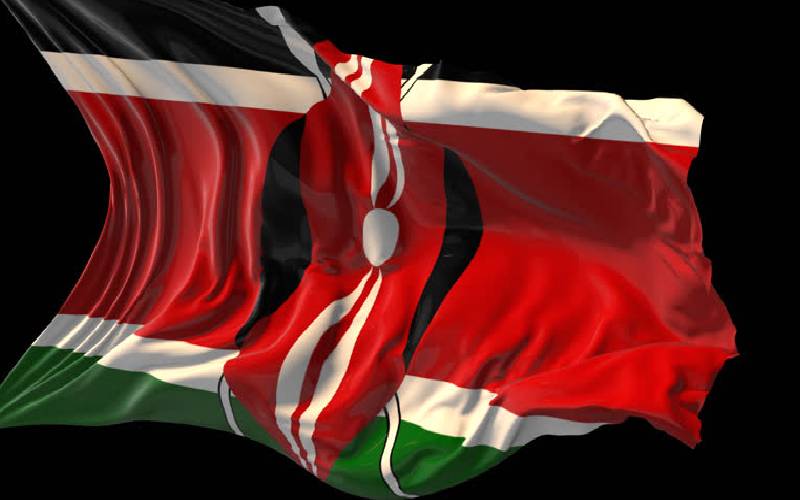
Watching things unfold in Kenya reveals a country that is at best a state in search of a nation. It has the characteristics of a state as recognised at the United Nations and the African Union, but it lacks all the ingredients of a nation. This is not for want of trying, for it has tried since 1963 when British colonialists left Kenya in the hands of Jomo Kenyatta. With a divided people whose identity was largely a product of colonial engineering, his challenge was to inculcate a different identity from being British “subjects” to being Kenyans.